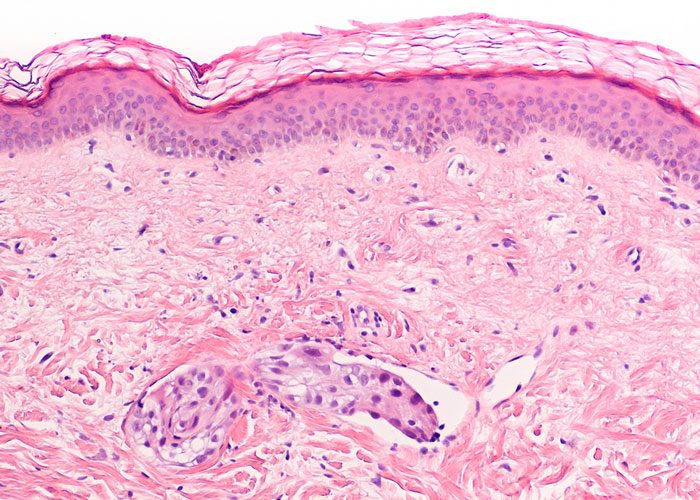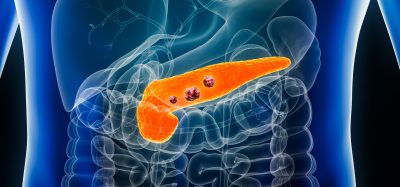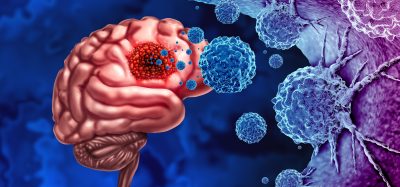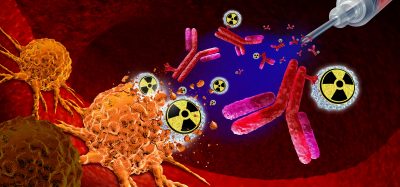MSK1 protein keeps metastatic breast cancer cells dormant
Posted: 25 January 2018 | Dr Zara Kassam (Drug Target Review) | No comments yet
A study has identified the genes involved in the latent asymptomatic state of breast cancer metastases…


A study has identified the genes involved in the latent asymptomatic state of breast cancer metastases. The work sheds light on the molecular basis underlying how the expression of certain genes facilitates the spread of metastatic lesions.
The team has studied the most common kind of breast tumour—estrogen-positive (ER +) and accounting for 80% of breast cancer tumour cases—that is characterised by a long period of latency with no symptoms.
The team has identified the protein kinase MSK1 as a key regulator of dormant or latent metastases. Using clinical samples from patients, the scientists have confirmed that ER + breast cancer tumours that do not express MSK1 are associated with a risk of earlier relapse, while those that express this molecule will form metastases later.
“We are interested in understanding the mechanisms underlying metastasis and the time component of this process. Until now, little was known in preclinical models about the mechanisms that allow breast cancer cells to leave the latent state and even less is known in patients,” explains Roger Gomis, head of the Growth Control and Cancer Metastasis Lab.
The researchers believe that in the future this discovery may benefit patients in two ways. Firstly, it will help to identify those with an imminent risk of relapse and to adjust the treatment for this prognosis. Secondly, attempts could be made to design a treatment to mimic the function of MSK1 kinase, with the aim to maintain metastatic lesions in a latent and asymptomatic state for as long as possible.
The study was funded by the Minstry of Economy and Competitiveness through ERDFs, the Generalitat de Catalunya through AGAUR, the BBVA Foundation, Worldwide Cancer Research and the Centro de Investigación Biomédica en Red de Cáncer (CIBERONC) (Biomedical Research Networking Centre in Oncology), in which the researcher Roger Gomis participates.
The study has been published in Nature Cell Biology.
Related topics
Kinases, Oncology, Proteomics
Related organisations
Hospital Clínic de Barcelona, Hospital del Mar, Minstry of Economy and Competitiveness, Vall d’Hebrón Institute of Oncology (VHIO)
Related people
Aleix Prat, Angel R. Nebreda, Joan Albanell, Roger Gomis, Salvador Aznar Benitah, Violeta Serra







